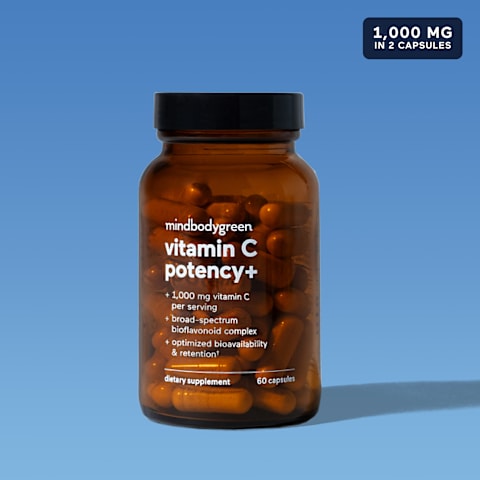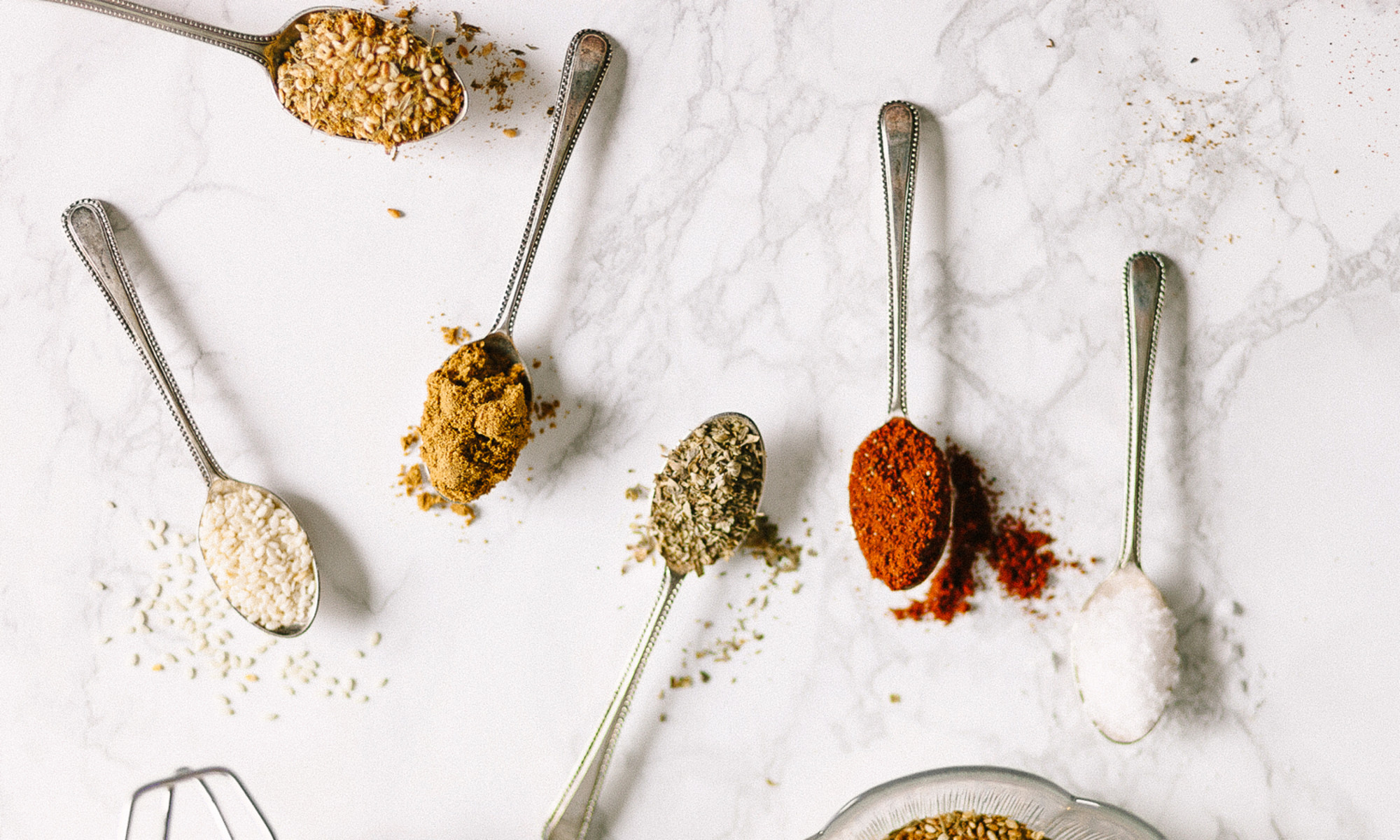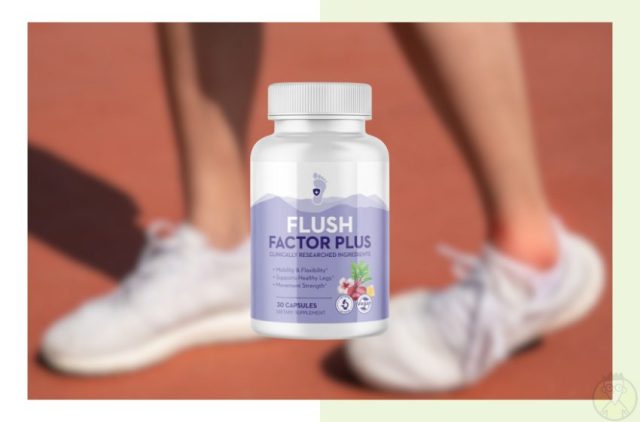Want More Youthful Skin? This Vitamin Turns On Your Skin's Youth Genes
Hint: It's found in citrus foods.

Advertisement
This ad is displayed using third party content and we do not control its accessibility features.
Advertisement
This ad is displayed using third party content and we do not control its accessibility features.

Registered Dietitian Nutritionist
Registered Dietitian Nutritionist
Molly Knudsen, M.S., RDN is a Registered Dietician Nutritionist with a bachelor’s degree in nutrition from Texas Christian University and a master’s in nutrition interventions, communication, and behavior change from Tufts University. She lives in Newport Beach, California, and enjoys connecting people to the food they eat and how it influences health and wellbeing.
Image by ohlamour studio / Stocksy July 17, 2025 Often, the first things we think of when it comes to skincare are the products we lather on our face, whether it’s a 2-step routine or a 10-step ritual. And the right topicals can work wonders in correcting dark spots, fading fine lines, and improving elasticity. But many of us are likely overlooking the role that nutrition plays in the skin. That’s right: certain nutrients fuel your skin at a cellular level, and vitamin C is one of the most skin-supportive ingredients you can consume. Now, researchers behind a new study wanted to dig deeper into how vitamin C influences the body’s genetic blueprint for skin renewal. Here’s what you need to know. 
About the study
This study is considered a mechanistic study, as researchers were most interested in the how, or the pathway in which this vitamin impacts a bodily function. And this requires a lab setting rather than a clinical one, which evaluates the outcome and not the process.
So, researchers used human epidermal equivalents (realistic 3D lab models of human skin) to see how vitamin C affects skin regeneration in a controlled setting.
In these models, the top layer of cells is exposed to air (just like our skin interacts with the environment), while the lower layers are nourished from below by a nutrient solution (much like how the blood supplies the deeper layers of real skin).
They then applied a vitamin C solution in two doses similar to what naturally reaches the skin (0.1and 1.0 millimolar). They then tracked changes to the 3D model over two weeks.
Vitamin C supports skin aging at the cellular level
By day seven, researchers saw that the deeper living layer of skin cells was thicker in the models treated with vitamin C, while the outermost dead skin layer stayed about the same.
After two weeks, the living layer got even thicker, and the dead outer layer actually got thinner, a clear sign that vitamin C was helping the skin make new cells faster and shed old ones more efficiently. Overall, this finding shows that vitamin C boosts the skin’s natural renewal process.*
They found that vitamin C had this potent effect because it promotes DNA methylation, aka it turns on genes that drive skin cell growth and repair.*
As skin cell growth and repair naturally decline with age, these findings suggest that getting enough vitamin C through diet and supplements is a valuable way to maintain the skin’s structure over time.*
Vitamin C also supports skin health as it’s absolutely essential for collagen production, which is directly related to firm, youthful skin.*
How to get more vitamin C
The good news is that vitamin C is found in a variety of fruits and vegetables like citrus, strawberries, bell peppers, broccoli, leafy greens, kiwi, guava, and tomatoes (to name a few).
That said, it can be challenging to get the ideal amount of vitamin C you need from food alone, and supplements can help ensure you achieve your daily vitamin C quota.
mindbodygreen’s vitamin C potency+, for example, contains an effective 1,000-mg dose of vitamin C to effectively raise vitamin C levels in your body.*
That way, you know your skin (and entire body) will receive the nourishment it needs daily.*
If you’re looking for multidimensional support for youthful skin, our favorite collagen powder has vitamin C and hyaluronic acid in it as well.
The takeaway
Understanding how vitamin C activates specific genes could pave the way for more advanced treatments for thinning or prematurely aging skin.
But for now, increasing your intake of vitamin C-rich food and supplements is a good place to start.
If you are pregnant, breastfeeding, or taking medications, consult with your doctor before starting a supplement routine. It is always optimal to consult with a health care provider when considering what supplements are right for you
Advertisement
This ad is displayed using third party content and we do not control its accessibility features.

 Kass
Kass 

































